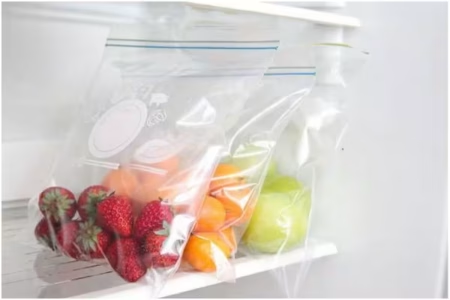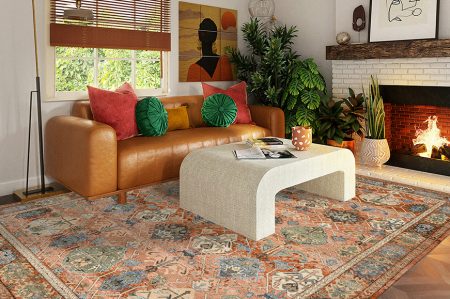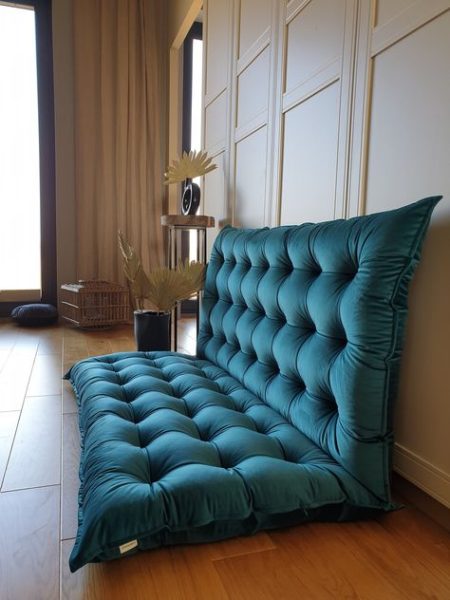Your home should be a place where you feel safe and comfortable, and a healthy environment is indispensable for this. Maintaining a clean space is undeniably a lot of work, though. If you need a little help deciding what to focus on, here are a few key pieces of advice for a healthier house.
Start by decluttering
The connection between health and clutter may not be immediately apparent, however, accumulating clutter around the house will hinder your efforts at creating a clean and healthy environment. A lot of unnecessary stuff lying around will make it difficult to clean every nook and cranny properly. However, if you leave these corners unattended, they can become a breeding ground for pests. So, start by decluttering your home and you’re setting yourself up for success.
Mind the moisture
Water is necessary for life, however, excess moisture may not be good news for your indoor environment. High humidity and poor ventilation can promote mold growth, and long-term exposure to these spores can affect one’s health, especially if they have allergies or respiratory conditions, so preventing mold growth should be a top priority. Be sure that your kitchen and bathroom have proper exhaust vents. Clean up puddles and act at once if you notice water damage anywhere in your house. If necessary, get a dehumidifier.
Keep cleaning
If you want a clean and healthy space, you shouldn’t let chores pile up until they become unmanageable. Certain areas of the home should be cleaned daily so as to prevent bacteria growth and keep pests away. It would be best to clean your kitchen counter and dining table after each use—spills are easier to clean if you don’t let them dry up, and your kitchen will be more pleasant to use, too, if you find it clean every time you walk in.
Choose your chemicals carefully
You certainly don’t want any more chemicals in your house than absolutely necessary, which is why it’s important that you give some thought to the cleaning products you decide to use. Many cleaning products can be substituted with simple household supplies like baking soda and vinegar. If you have kids, using such natural solutions will create a safer environment for them. You may not be able to find an effective natural alternative for everything, but every effort counts.
Boost the air quality
The air in our home is something that we take for granted. However, we rarely consider just how clean and fresh it is. Indoor air can be full of pollutants—in fact, more so than outdoor air— so open your windows and vent out your space often. Clean or change your HVAC filters regularly and consider investing in an air purifier if needed. You can further boost your indoor air quality by introducing a few potted plants to your space. Pick species that are particularly good at filtering out toxins: snake plant, spider plant, and Aloe vera are just some examples.
Deal with pests promptly
Of course, no one wants pests in their home. However, they are more than just a harmless nuisance; they can be an actual health concern. Besides causing allergic reactions, pests like cockroaches can carry pathogens and therefore pose a risk of spreading diseases such as salmonella and dysentery, according to experts like Pest 2 Kill. Needless to say, keeping them out is a top concern. Above all, focus on prevention. We already mentioned the importance of clearing clutter away. You should also refrain from leaving food out, store trash in lidded containers, and seal any cracks that could provide entry points for these critters. If you already have a pest problem at hand, call pest control for quick results instead of wasting your time with home remedies.
Renovation considerations
Finally, you should not neglect to keep your indoor environment safe and healthy even when the time for renovations comes. Choose your materials carefully to avoid harmful VOCs contaminating your air. Besides paints and stains, furniture should be minded, too. If you can, skip composite wood. In addition, it’s worth taking extra caution if you live in an old property. Peeling lead-based paint used in homes built before 1978 needs to be specially addressed. You may also want to test your property for radon.
Considering how much time we spend inside day after day, ensuring that our space is clean and healthy is paramount. Follow these tips and you’ll be able to rest assured that your own home is not harming your health.





